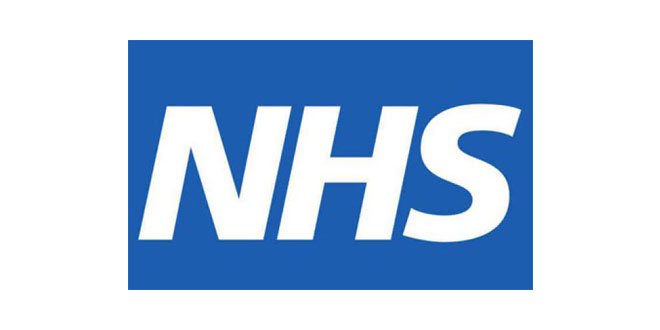Healthcare Sector Needs Programme Of Public Engagement If Patients Are To Trust Automation
 The NHS needs a robust approach to engaging the public on how technology is used in healthcare if AI is to be adopted at scale, a new report warns.
The NHS needs a robust approach to engaging the public on how technology is used in healthcare if AI is to be adopted at scale, a new report warns.
‘Patient AI’ considers how to bring the voice of patients into the introduction of technologies into the world of healthcare. The report from the Royal Society for the Encouragement of the Arts, Manufactures and Commerce (RSA) was commissioned by NHSX, a new unit charged with driving forward digital transformation in healthcare, and is the product of in-depth interviews with health practitioners involved in introducing new technologies to the NHS.
‘Clinical champions’ – individuals willing to embrace, learn about and encourage others to use new technologies – are need if automation is to be taken up by the NHS, the report warns. This will involve deliberating and consulting with users and practitioners at every level of the healthcare system.
Patient AI comes after the RSA report ‘Democratising Decisions about Technology’, released on the 25th of October, which provides a blueprint for how citizens can have agency over the increasing number of AI systems in their workplaces, homes and lives.
This piloted a model of ‘citizens juries’ and is intended as a toolkit for firms to build citizen voice into decision-making around AI. ‘Citizens’ juries’ go beyond focus groups by educating people on the issue and debate over several weekends, hearing from experts from all sides.
A citizens’ jury on the use of AI in healthcare found that individuals were highly worried about losing the emotional judgement of doctors and nurses if parts of the healthcare system were to be automated. Many were worried about whether automated systems would be overly opaque and unexplainable. The jury did however see the benefits of using AI systems, if it led to increased efficiency and reduced workloads for doctors.
‘Democratising Decisions about Technology’ also contains YouGov polling on public awareness of AI, finding that just 32% of people are aware of the use of AI for decision-making purposes, while just 18% are familar with its use in healthcare.
Asheem Singh, the RSA’s Director of Economics, said:
“The NHS is in the midst of an AI revolution. Recent years have seen rapid improvements in the use of machine learning and automated decision systems in imaging, data analysis and diagnosis. We’re enormously excited by the potential of AI to revolutionise healthcare, both in the UK and abroad.
“However, we need to ensure that the voice of patients and clinicians are at the heart of technological change. As our research shows, the public are sceptical about the use of AI in the healthcare system, while Doctors are concerned that politicians are foisting shiny new AI systems upon them in order to be seen to be innovative rather than to genuinely promote better care. New technologies must not be introduced solely as a means to cut costs or garner headlines.
“We’re hopeful that AI can positively augment the delivery of medical care, but this will only be possible if the needs of both patients and doctors are taken into account and that technological progress is a conversation.
“The deliberative ‘patient’ model piloted by the RSA could provide the perfect mechanism to engage users and practitioners – and use digital technology to create better care for all.”





